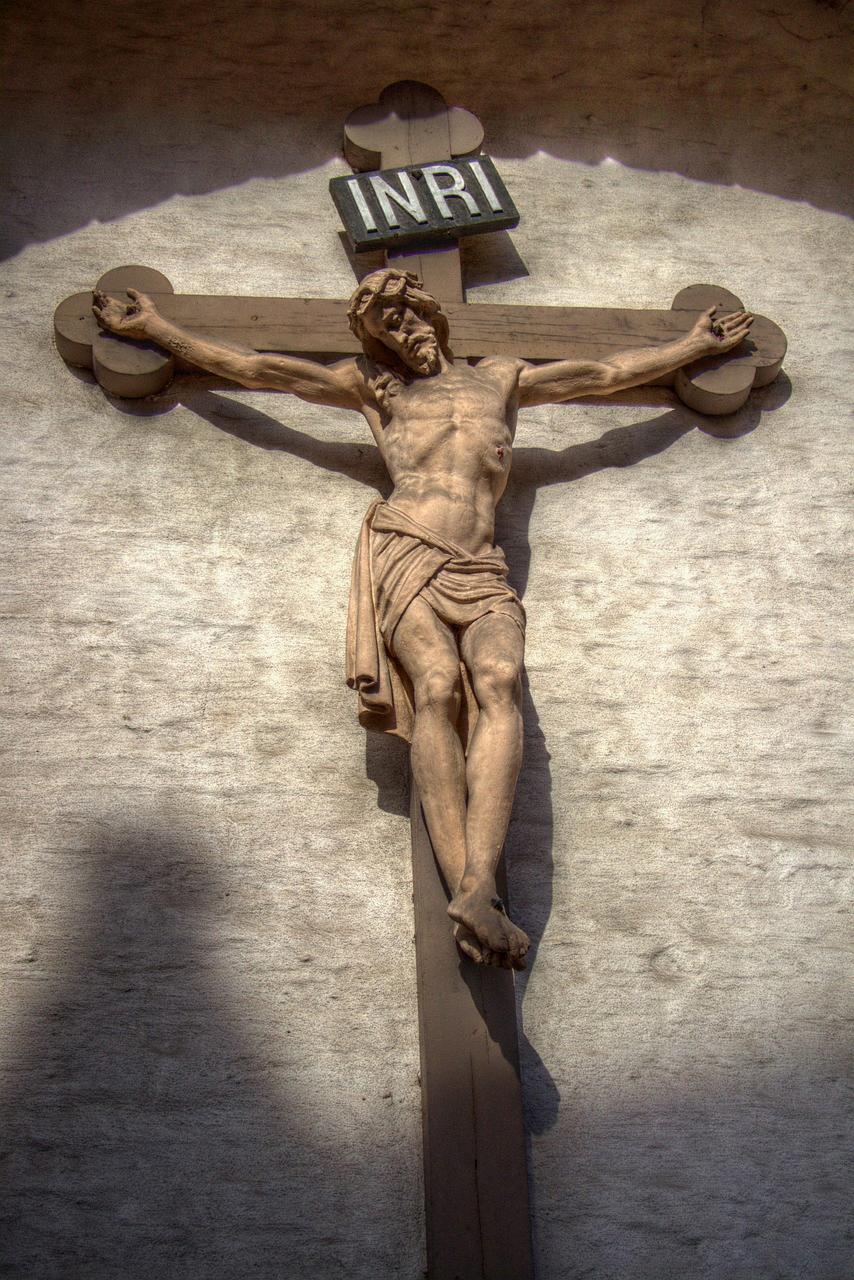Welcome to our comprehensive guide on the main denomination of Christianity. In this article, we will explore the various denominations within Christianity, shedding light on their historical backgrounds, key beliefs, and practices. Understanding the diverse nature of Christianity is essential to gaining a deeper appreciation for this widely followed faith.
Exploring the Denominations of Christianity
Before delving into the main denomination of Christianity, it is important to understand what a denomination represents in the context of this faith. In Christianity, a denomination can be defined as a distinct religious group with shared beliefs, practices, and organizational structures that differentiate it from other branches of Christianity. Denominations often arise due to theological differences or historical events.
There are several main characteristics that differentiate denominations within Christianity. These include variations in beliefs about sacraments, interpretations of scripture, and ecclesiastical organization. Understanding these characteristics is key to comprehending the denominational diversification within Christianity.
Roman Catholicism
Roman Catholicism is the largest and most prominent denomination within Christianity, with 1.345 billion adherents making it the largest Christian church globally. The origins of Roman Catholicism can be traced back to the teachings of Jesus Christ and the establishment of the early Christian Church. Key beliefs and practices within Roman Catholicism include the sacraments, the authority of the Pope, and the veneration of saints.
Protestantism, another significant branch of Christianity, emerged during the Reformation in the 16th century. It is characterized by its emphasis on the individual’s direct relationship with God and the authority of scripture over papal authority. Major Protestant denominations include Lutheranism, Baptist, and Methodist, each with its own distinct beliefs and practices.
Eastern Orthodoxy
Eastern Orthodoxy is yet another major denomination within Christianity, tracing its roots back to the early Christian Church. This branch of Christianity encompasses various churches, including the Greek Orthodox, Russian Orthodox, and Coptic Orthodox churches. Key beliefs and practices within Eastern Orthodoxy include the emphasis on tradition, the authority of the Ecumenical Patriarch, and the significance of icons in worship.
Aside from the aforementioned main denominations, there are other Christian denominations that play important roles in the spiritual lives of their followers. Anglicanism, for instance, combines elements of Catholicism and Protestantism, while Presbyterianism emphasizes the importance of church governance and participation in decision-making.
Factors Influencing Denominational Differences
Denominational differences within Christianity can be attributed to various factors. One significant factor is the interpretation of scripture. Different denominations place emphasis on certain passages or may interpret them differently, leading to variations in beliefs and practices. Views on sacraments, such as baptism and communion, also contribute to denominational diversity. Additionally, differing ecclesiastical organizations and structures within denominations further contribute to the distinctions between them.
Ecumenical Movement
The ecumenical movement within Christianity aims to promote unity and cooperation among Christian denominations. The movement seeks to bridge theological differences and foster a sense of shared faith and understanding. Efforts toward unity include interfaith dialogues, joint worship services, and collaborative social initiatives. While the ecumenical movement faces its challenges, there is potential for future developments that could further enhance unity among Christian denominations.

Conclusion
In conclusion, Christianity is a diverse religious faith with various denominations that differ in beliefs, practices, and organizational structures. Roman Catholicism stands out as the largest and most prominent denomination within Christianity. However, Protestantism, Eastern Orthodoxy, and other Christian denominations also play significant roles in the religious landscape. Understanding the denominational diversity within Christianity is important for a comprehensive understanding of this widely followed faith.
